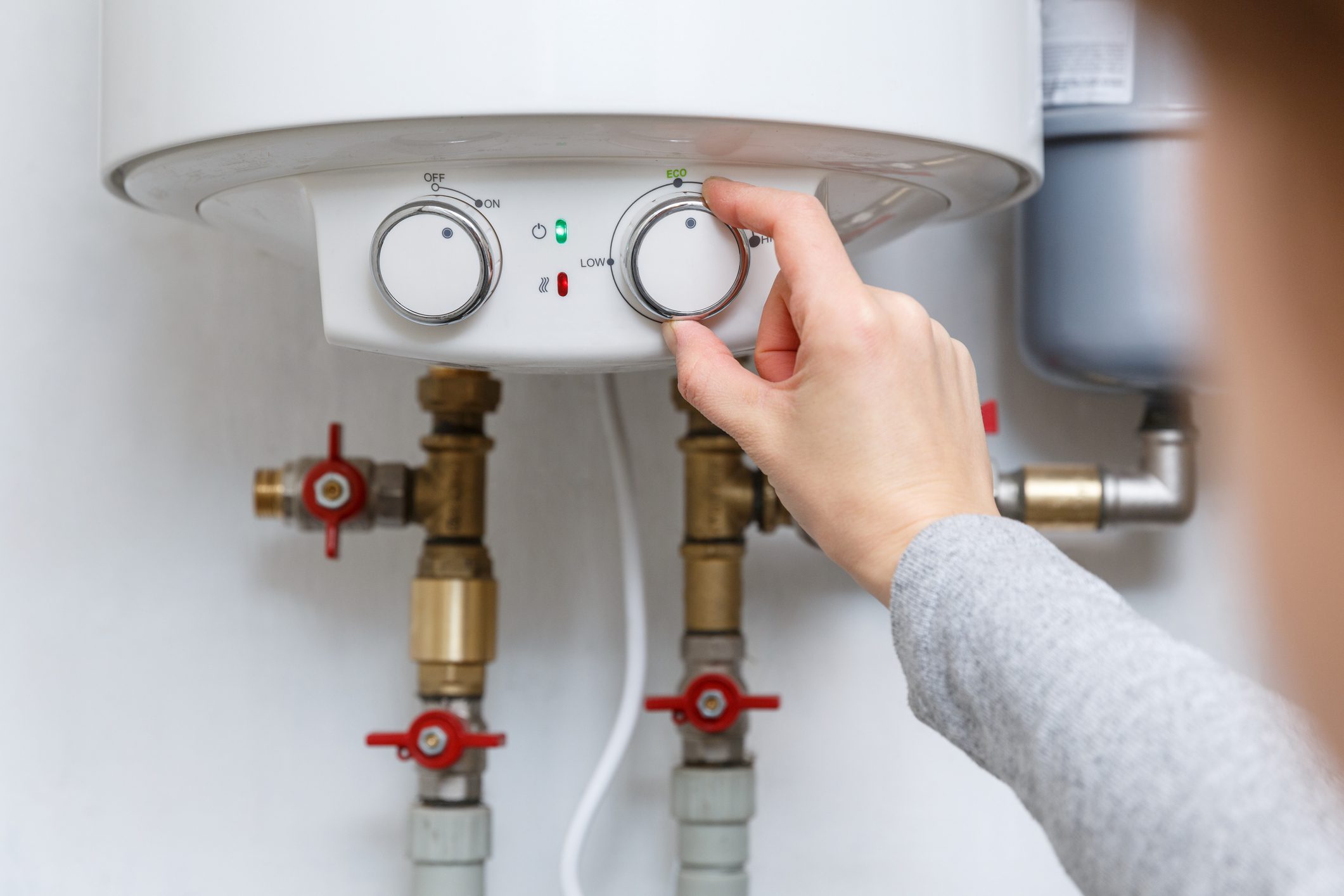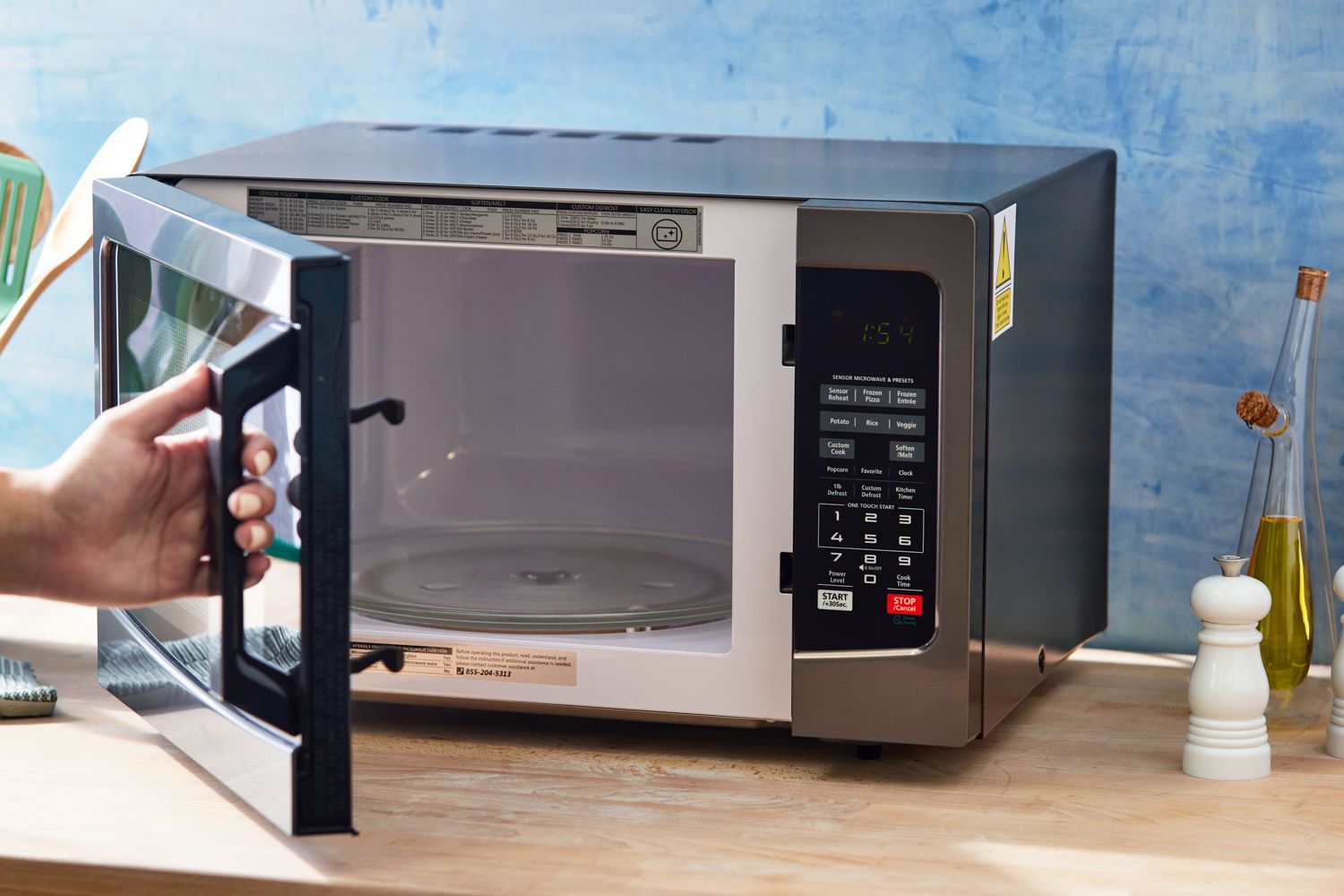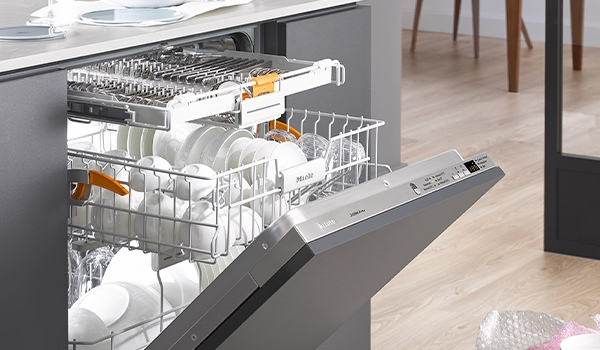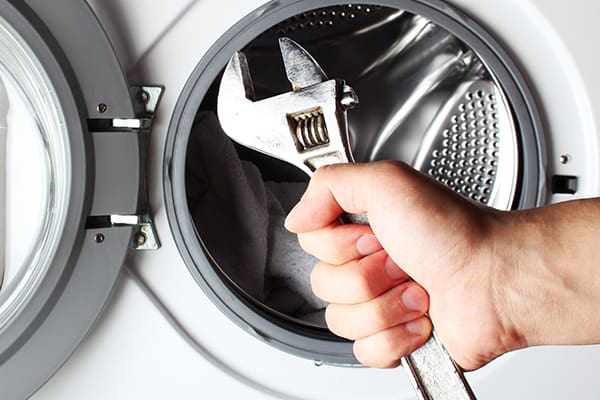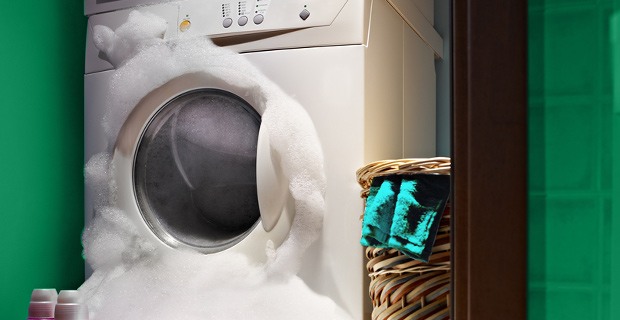Understanding Water Heater Problems: DIY Fixes and Professional Help
Understanding Water Heater Problems: DIY Fixes and Professional Help
Water heaters are essential household appliances that provide hot water for various daily activities. However, like any appliance, they can encounter issues over time. Understanding common water heater problems and knowing when to attempt DIY fixes or call a professional can save you time, money, and inconvenience. This guide will cover typical water heater issues, DIY troubleshooting tips, and when it's best to seek professional help. Additionally, we'll discuss how to choose the right water heater for your home and explore energy-efficient options.
Common Water Heater Issues
Water heaters can develop a range of problems, from minor inconveniences to significant malfunctions. Common issues include no hot water, leaking tanks, strange noises, and inconsistent water temperatures. Recognizing these problems early can help you decide whether to tackle a DIY fix or call a professional. Regular maintenance and prompt attention to issues can extend the life of your water heater and ensure it operates efficiently.
No Hot Water
If your water heater is not producing hot water, several factors could be at play.
- Pilot Light
- Thermostat
- Heating Element
- Circuit Breaker
Pilot Light: For gas water heaters, check if the pilot light is out. If it is, relight it according to the manufacturer’s instructions.
Thermostat: Ensure the thermostat is set to the desired temperature. If it’s set too low, adjust it and wait for the water to heat up.
Heating Element: In electric water heaters, the heating elements may be faulty. Test them using a multimeter and replace them if necessary.
Circuit Breaker: Check the circuit breaker for the water heater. If it’s tripped, reset it and see if the water heater starts working.
Leaking Tank
A leaking water heater tank can cause significant damage to your home and should be addressed immediately.
- Identify the Source
- Pressure Relief Valve
- Tank Damage
Identify the Source: Determine if the leak is coming from the tank itself or from the pipes and connections. Tighten loose connections and replace faulty valves or pipes.
Pressure Relief Valve: If the pressure relief valve is leaking, it may be due to excessive pressure in the tank. Test and replace the valve if necessary.
Tank Damage: If the tank itself is leaking, it may be due to corrosion or a crack. Unfortunately, a leaking tank typically means the water heater needs to be replaced.
DIY Troubleshooting Tips
Before calling a professional, try these DIY troubleshooting tips for common water heater problems.
- Flushing the Tank
- Insulating the Tank
- Checking Anode Rod
- Inspecting Valves
Flushing the Tank: Sediment buildup can reduce efficiency and cause noise. Flush the tank annually to remove sediment by attaching a garden hose to the drain valve and letting the water run out until it’s clear.
Insulating the Tank: Insulate the tank and pipes to improve efficiency and reduce heat loss. This can help maintain a consistent water temperature and lower energy costs.
Checking Anode Rod: The anode rod prevents tank corrosion. Inspect and replace it every few years to extend the lifespan of your water heater.
Inspecting Valves: Regularly check the temperature and pressure relief valve for proper operation. Replace it if it’s malfunctioning to prevent potential pressure buildup.
When to Call a Professional
Some water heater issues require professional intervention. Call a professional if:
- Major Leaks
- Electrical Problems
- Gas Issues
- Unresolved Problems
Major Leaks: If the tank is leaking significantly, it’s likely beyond a simple DIY fix and needs professional attention.
Electrical Problems: For electric water heaters, if there are electrical issues or the heating elements need replacement, a licensed electrician should handle the repairs.
Gas Issues: For gas water heaters, any issues with the gas line or gas valve should be addressed by a certified technician to ensure safety.
Unresolved Problems: If you’ve attempted DIY fixes without success, it’s best to call a professional to diagnose and resolve the issue accurately.
Choosing the Right Water Heater for Your Home
Selecting the right water heater involves considering several factors, including your household’s hot water needs, energy efficiency, and available space.
- Tank vs. Tankless
- Capacity
- Fuel Type
- Energy Efficiency
Tank vs. Tankless: Tank water heaters store hot water, while tankless models heat water on demand. Tankless heaters are more energy-efficient but may have a higher upfront cost.
Capacity: Choose a water heater with an appropriate capacity for your household size. A larger family will need a bigger tank or multiple tankless units.
Fuel Type: Water heaters can run on electricity, natural gas, propane, or solar power. Consider the availability and cost of each fuel type in your area.
Energy Efficiency: Look for models with high energy efficiency ratings to reduce energy consumption and lower utility bills.
Energy-Efficient Water Heater Options
Energy-efficient water heaters can significantly reduce your energy bills and environmental impact.
- Heat Pump Water Heaters
- Solar Water Heaters
- Tankless Water Heaters
- Condensing Water Heaters
Heat Pump Water Heaters: These units use electricity to move heat from the air or ground to heat water. They are highly efficient but work best in warm climates.
Solar Water Heaters: Solar water heaters use solar panels to capture and convert sunlight into heat. They have low operating costs but require a higher initial investment.
Tankless Water Heaters: Tankless models provide hot water on demand without storing it, reducing energy loss and improving efficiency.
Condensing Water Heaters: These gas water heaters capture and utilize the heat from exhaust gases, making them more efficient than traditional gas models.
Conclusion
Understanding common water heater problems and knowing when to attempt DIY fixes or call a professional can help you maintain a reliable supply of hot water in your home. Regular maintenance and timely repairs can extend the life of your water heater and improve its efficiency. When it’s time to replace your unit, consider energy-efficient options to save on utility bills and reduce your environmental footprint. By staying informed and proactive, you can ensure your water heater operates optimally for years to come.


